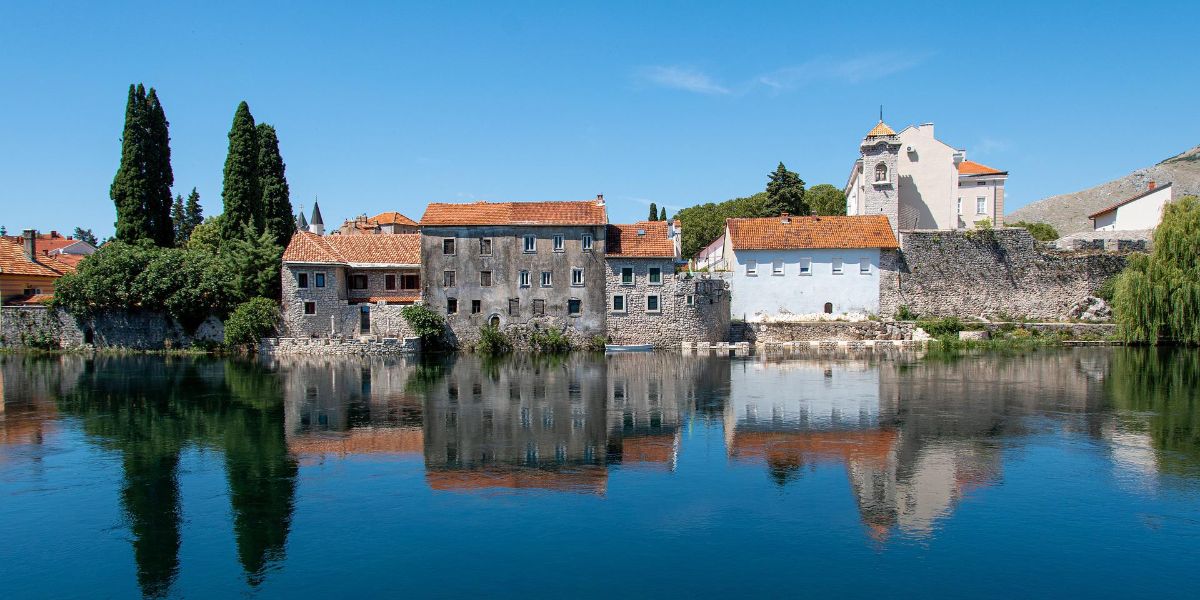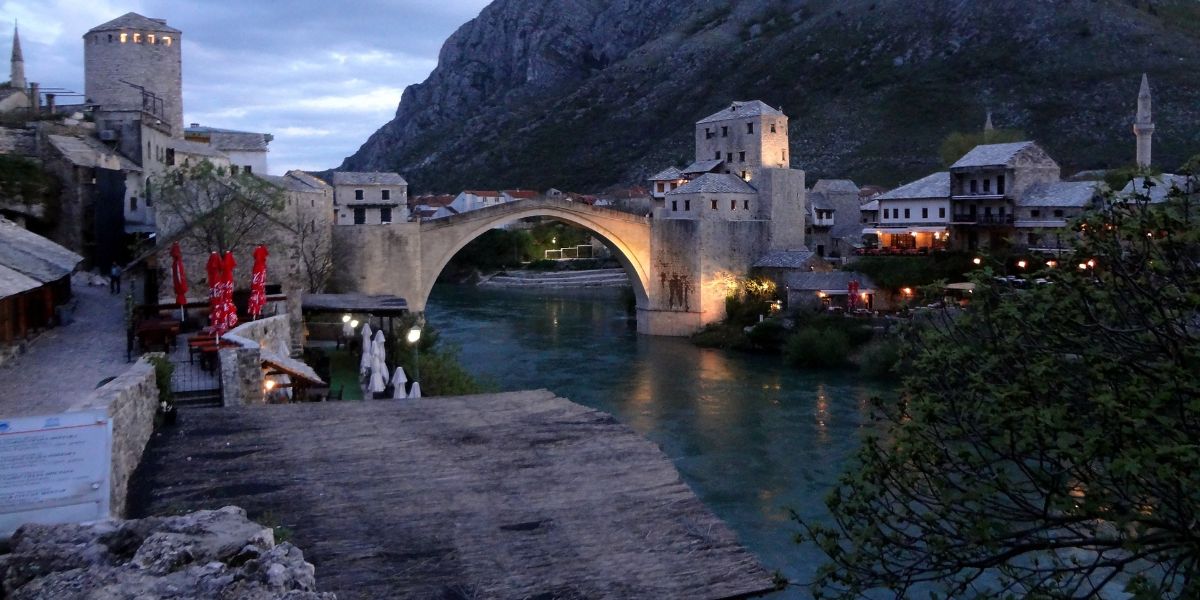On 9 September 2016 the IMF issued a report in relation to Bosnia’s economy following the granting of funds under the Extended Finance Facility to support a more competitive economy to attract investment and create private sector jobs.
Bosnia has continued its economic recovery and growth was more than 3% in 2015 with the budget close to balance. Despite this the economy is still lagging behind other countries in the region. One problem mentioned by the IMF is that policy making is difficult owing to the political decentralization with the institutions of Bosnia and Herzegovina, two main entities, ten cantons and an independent district.
A reform agenda was adopted in early 2015 with plans for economic and social reforms, strengthened rule of low and improved public institutions. One aim is to improve the business environment to attract investment and create jobs. In addition to labor market reforms this will involve lowering the tax on employment in the formal sector (the labor tax wedge). The internal fragmentation will be reduced by harmonizing tax laws among the different political entities.
Another aim of the reform is to improve the quality of government spending to support economic growth. One element of this will be to improve tax collection by better coordination between the tax authorities. The reform also includes measures for financial stability and revival of bank lending.
The IMF program was approved on 7 September 2016 and also involves financial assistance from the EU, World Bank and other international partners.













